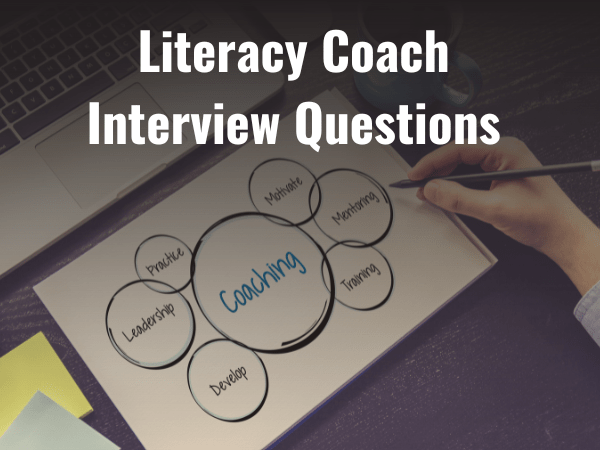Literacy, the foundation of communication and critical thinking, has become increasingly crucial in the modern world. However, many students struggle with developing proficient literacy skills, creating a need for dedicated educators to nurture their literacy journey: literacy coaches.

Image: www.collaborativeclassroom.org
Literacy coaches play a pivotal role in enhancing literacy instruction, fostering student engagement, and promoting a love of reading and writing. Embarking on this rewarding career path requires a structured approach, a passion for education, and a deep understanding of literacy practices.
1. Educational Foundation: A Cornerstone of Literacy Coaching
Aspiring literacy coaches must possess a solid educational foundation to effectively guide students toward literacy mastery. A bachelor’s degree in education, literacy studies, or a related field provides a comprehensive understanding of child development, literacy theories, and instructional strategies.
2. Certification: Validating Your Literacy Expertise
Earning a literacy coaching certification demonstrates your commitment to advancing literacy practices and solidifies your credibility as a literacy coach. Various organizations, such as the International Literacy Association (ILA) and the National Board for Professional Teaching Standards (NBPTS), offer certification programs that equip you with specialized knowledge and skills.
3. Field Experience: Gaining Practical Insights
Hands-on experience is invaluable in honing your literacy coaching skills. Seek opportunities to work with students in literacy-focused settings, such as schools, community centers, or libraries. Observe experienced literacy coaches and engage in projects that provide a practical understanding of literacy interventions and strategies.

Image: questionsgems.com
4. Research and Innovation: Staying at the Forefront of Literacy Education
The field of literacy education is constantly evolving, and staying up-to-date with the latest research and innovative approaches is crucial. Attend conferences, workshops, and professional development sessions to gain insights into emerging trends and best practices.
5. Collaboration and Networking: Building a Support System
Literacy coaches thrive in collaborative environments. Foster relationships with literacy professionals, including teachers, administrators, and fellow literacy coaches. Share ideas, resources, and support to create a vibrant network of educators dedicated to improving literacy outcomes.
6. Reflective Practice: Continuous Improvement through Self-Evaluation
Reflective practice is an essential component of literacy coaching. Regularly assess your coaching practices, seek feedback, and identify areas for improvement. By continuously reflecting on your work, you enhance your ability to empower students and promote lasting literacy growth.
How To Become A Literacy Coach
Conclusion: Embarking on a Rewarding Journey
Becoming a literacy coach is an enriching endeavor that combines passion for education with a commitment to fostering literacy skills. By embracing the steps outlined in this guide, you can embark on this rewarding path and make a significant impact on the lives of students, empowering them with the gift of literacy that will shape their future success.